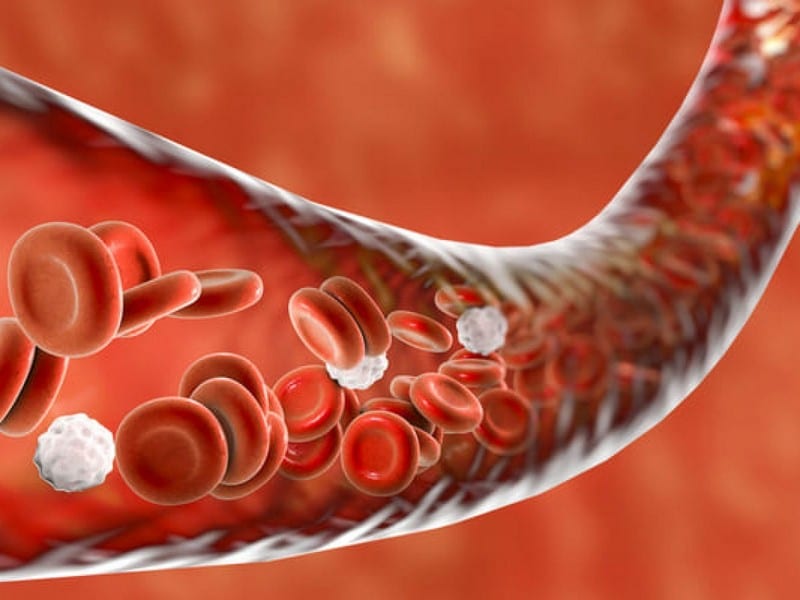Low Calcium Level

Hypocalcemia is a state in which there is not enough calcium in the blood. The mineral calcium, carried in the blood, is essential for adequately operating the heart and other muscles. Maintaining strong teeth and bones also relies on this nutrient. Bones might weaken and break easily if your body doesn’t get enough calcium. Problems with the thyroid gland and a deficiency in vitamin D are frequent contributors to this condition.
There may not be any outward signs of low blood calcium. However, it can cause dry, scaly skin, brittle nails, and coarse hair. Neurologic and psychologic symptoms in chronic hypocalcemia include disorientation, amnesia, delirium, sadness, and hallucinations.
Deficient calcium levels may cause numbness in the lower extremity and other tissues in the mouth, such as lips, throat, and tongue. Muscle spasms and stiffness associated with this deficiency can lead to seizures, difficulty breathing, and arrhythmia or abnormal heart rhythms.
Once the cause of low calcium levels is recognized, doctors can prescribe the appropriate treatment. In many cases, hypocalcemia is treated simply by taking oral calcium supplements or intravenously in acute symptoms. Supplemental vitamin D assists in the body’s absorption of calcium from food.










